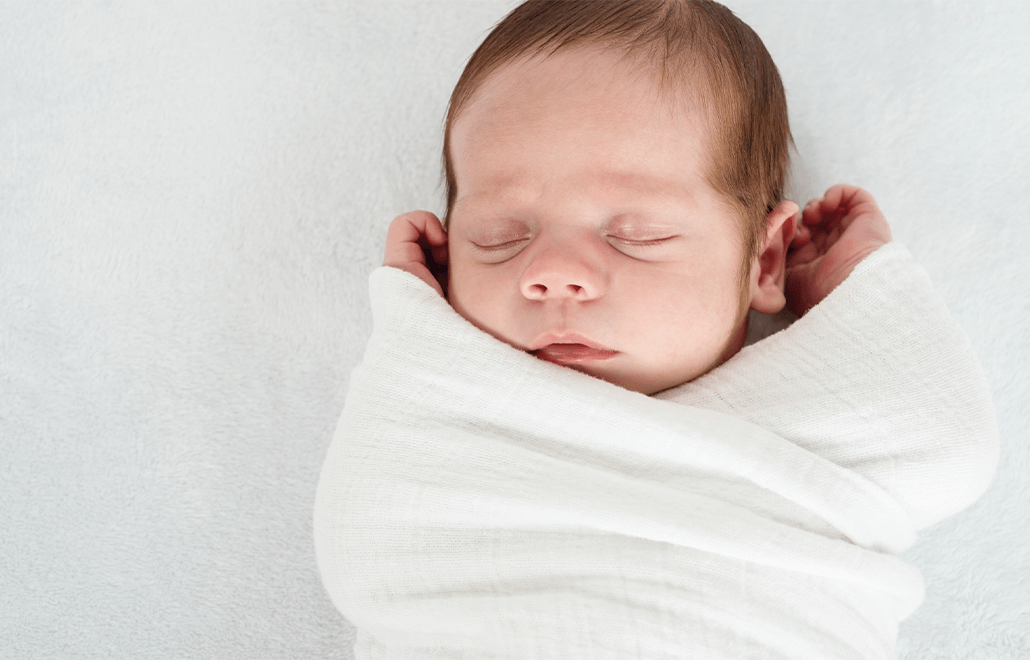
02 Aug Can Newborns Sleep Too Much?
As new parents, one of the most common concerns revolves around whether our newborns are sleeping too much or too little. Sleep patterns in newborns can vary widely and are influenced by several factors, including their age, health, and feeding habits. In this blog post, we’ll delve into the topic of newborn sleep, exploring the signs of healthy sleep patterns, when to be concerned about excessive sleep, and how you can support your baby’s sleep development.
Understanding Newborn Sleep Patterns
Newborns have a unique sleep-wake cycle that differs significantly from older children and adults. They spend most of their time sleeping, often between 14 to 17 hours a day, typically in short bursts of 2 to 4 hours. This pattern is essential for their growth and development, as sleep plays a crucial role in brain development, immune function, and overall well-being.
Signs of Healthy Newborn Sleep
- Regular Feeding Cycles: Newborns usually wake up to feed every 2 to 3 hours. After feeding, they may stay awake for a short period before drifting back to sleep.
- Contentment and Alertness: When awake, newborns are generally alert, responsive, and interested in their surroundings. They may make eye contact, track movements, or show signs of readiness to interact.
- Growth and Weight Gain: Healthy sleep patterns contribute to proper weight gain and growth milestones. Newborns who are sleeping well and feeding adequately tend to meet their growth targets.
Can Newborns Sleep Too Much?
While newborns naturally sleep a lot, excessive sleepiness or difficulty waking for feedings can sometimes indicate an underlying issue. Here are a few signs that might suggest your newborn is sleeping more than usual:
• Difficulty Waking for Feedings: If your baby is consistently difficult to wake for feedings, especially beyond the first few weeks, it may be worth discussing with your pediatrician.
• Lethargy or Weakness: Excessive sleepiness accompanied by unusual lethargy or weakness could indicate an illness or medical condition requiring attention.
• Poor Feeding or Weight Gain: If your baby is not gaining weight as expected or showing signs of poor feeding despite adequate sleep, it could be a concern.
Reasons for Excessive Newborn Sleep
Several factors can contribute to excessive sleepiness in newborns:
• Developmental Milestones: Growth spurts and developmental leaps can cause temporary changes in sleep patterns, leading to increased sleep.
• Illness or Infection: Certain illnesses, such as infections or jaundice, can cause lethargy and increased sleepiness in newborns.
• Medication or Anesthesia: Medications given during labor or birth, particularly anesthesia, can sometimes cause drowsiness in newborns.
When to Consult Your Pediatrician
If you’re concerned about your newborn’s sleep patterns or notice any unusual changes, it’s essential to consult your pediatrician. They can assess your baby’s overall health, growth, and development to ensure there are no underlying medical issues.
Supporting Healthy Sleep Habits
While newborns naturally sleep a lot, you can support healthy sleep habits by:
• Establishing a Routine: Implementing a consistent bedtime routine can help signal to your baby that it’s time to sleep.
• Creating a Comfortable Environment: Ensure the sleep environment is quiet, dark, and at a comfortable temperature to promote restful sleep.
• Responsive Feeding: Respond promptly to your baby’s hunger cues during the day and night to support healthy feeding and sleep cycles.
While newborns do sleep a lot, excessive sleepiness or difficulty waking for feedings can sometimes indicate an underlying issue. By understanding your baby’s unique sleep patterns, monitoring their growth and development, and seeking guidance from your pediatrician when needed, you can ensure your newborn is on the path to healthy sleep habits and overall well-being.

